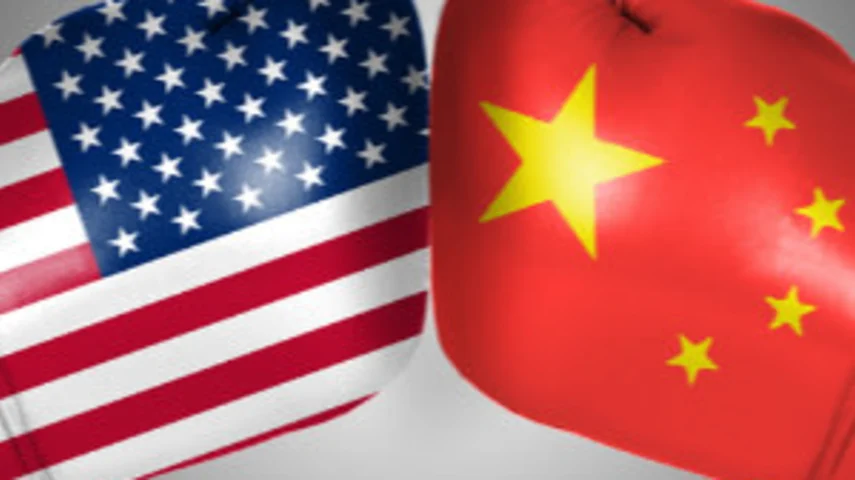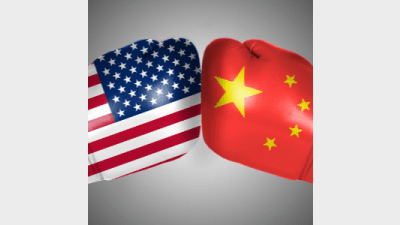Pendal bets on US/China tensions



Pendal is betting on tensions surrounding the US and China to see more Chinese companies choose to list in Hong Kong rather than the US.
In its Global Emerging Markets Opportunities fund, the firm had exposure to Hong Kong Exchanges and Clearing Market as it expected to see an increase in companies listing in the next few years.
There were currently 245 Chinese companies listed in the US including Alibaba and e-commerce firm JD.com but US authorities issued a statement this month that US-listed Chinese companies who failed US accounting standards would be delisted by the end of 2021
In a webcast, portfolio manager James Syme said: “With the geopolitical tensions between the US and China, listed Chinese companies in the US are facing increased regulation and audits so they are pursuing secondary listings in Hong Kong in case they are delisted from the US one.
“Hong Kong Exchanges and Clearing Market is likely to be the listing of choice and is the clear winner in this. The exchange’s turnover has almost doubled in the past year and we think the payout ratio could also rise substantially.”
He said Hong Kong has also seen a “rapid increase” in ‘Southbound’ flows which were mainland Chinese investors buying stocks in Hong Kong.
The fund had 33% exposure to China and 17% to Korea, its two largest weightings, and Syme said these countries were the “bright spot” of emerging markets for their handling of the COVID-19 pandemic.
“China, Korea and Taiwan are the bright spots of emerging markets for their COVID-19 handling, they are not just the best in emerging markets but in a global context. They have had significant stimulus and the strength of this has come through in 2020, they are among the leaders in the world,” he said.
According to data from FE Analytics, within the Australian Core Strategies universe, the Pendal Global Emerging Market Opportunities fund lost 2.18% over one year to 31 July, 2020, versus losses by the emerging market sector of 0.27%.
Recommended for you
Evidentia’s chief investment strategist Nathan Lim has announced his retirement after a 30-year career.
GQG Partners has marked its fifth consecutive month of outflows as its AI concerns lead to fund underperformance but overall funds under management increased to US$166.1 billion.
Apostle Funds Management is actively pursuing further partnerships in Asia and Europe but finding a suitable manager is a “needle in a haystack”.
Managed account provider Trellia Wealth Partners, formed from the merger between Betashares and InvestSense, has appointed its first managing partner.











